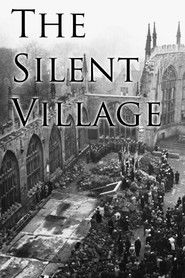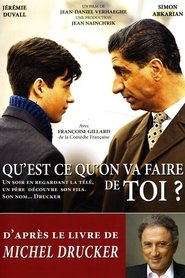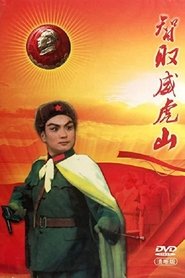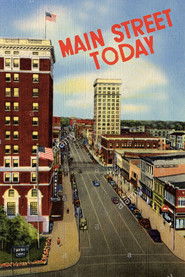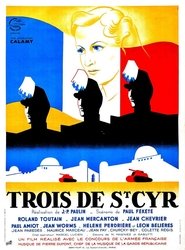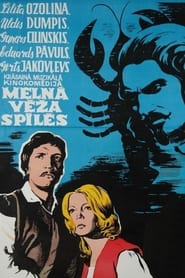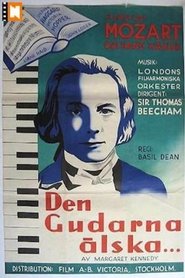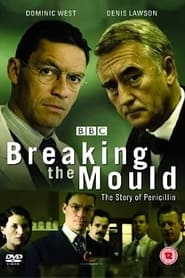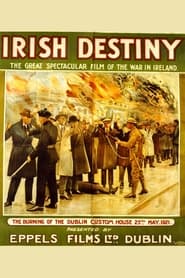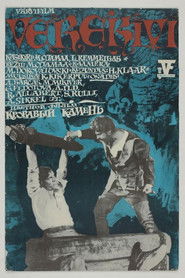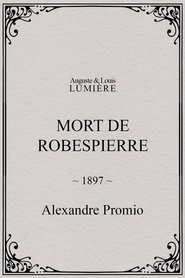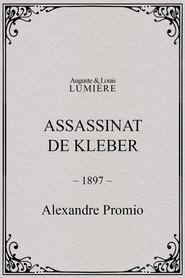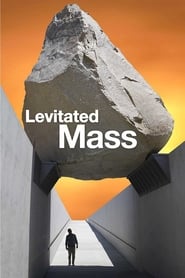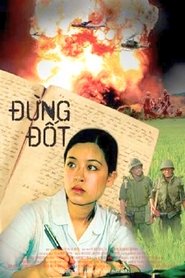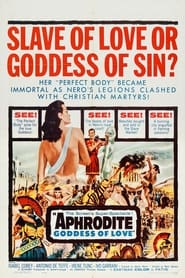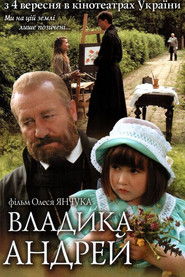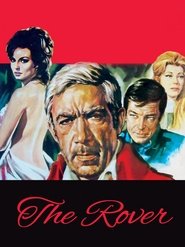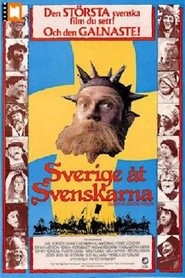Top Rated History Movies - Page 286
-
The Silent Village
1943
The Silent Village
1943
star 6.8The true story of the massacre of a small Czech village by the Nazis is retold as if it happened in Wales. -
Taking Tiger Mountain by Strategy
1970
star 5Taking Tiger Mountain was the very first model film produced during the Chinese Cultural Revolution (1966-1976). Set during the civil war in 1946, it follows a detachment of the People's Liberation Army in Mandchuria as they are fighting a group of bandits hiding in the mountains. Based on a novel from the 50s, Taking Tiger Mountain was first a revolutionary opera before being made into film by director Xie Tieli. -
Main Street Today
1944
Main Street Today
1944
star 6.2This patriotic short film promotes America's war effort at home. The story looks at a fictional small town's main street, seeing where additional workforce, for increased production of materials needed by the military, might come from. -
Three from St. Cyr
1939
Three from St. Cyr
1939
star 5.1Three students from Saint-Cyr are sent to Syria to fight the rebels in the desert. -
In a Claws of a Black Cancer
1976
star 3.8The action takes place in Kurzeme in the 17th century. The Duke of Courland, the King of Poland and the German barons wants power over the Latvian people. Farmers are the biggest victims of this power struggle. -
Whom the Gods Love: The Original Story of Mozart and His Wife
1936
star 5.2The story of Mozart and his wife Constance, set against a background of court intrigue and professional jealousy, with music conducted by Sir Thomas Beecham. -
Breaking the Mould
2009
Breaking the Mould
2009
star 5.5A historical drama that tells the story of the development of penicillin in the 1930's/40's, by a group of scientists in Oxford at The Dunn School of Pathology -
Irish Destiny
1926
Irish Destiny
1926
star 5.5An IRA man races to Dublin to warn his colleagues of a forthcoming raid, but he is captured by British forces. -
Blood Stone
1972
Blood Stone
1972
star 2.5A landlord chases his escaped serf but some town takes the refugee under its protection. That leads to a serious confrontation. Based on a true story. -
Mort de Robespierre
1897
-
Assassinat de Kleber
1897
-
Following the Ninth: In the Footsteps of Beethoven's Final Symphony
2012
star 8.8Part road trip, part adventure story, FOLLOWING THE NINTH is an inspirational film about Beethoven's Choral Symphony, its majestic power to liberate us, to shield us against suffering, to provide hope and resilience during dark times. Filmed on five continents and in 12 countries, FOLLOWING THE NINTH is the story of four lives that have been transformed and repaired by the music, expressed most vividly in the prophecy of the Ode to Joy: “Alle Menschen werden Brüder”(All Men Will Be Brothers). -
Levitated Mass
2013
Levitated Mass
2013
star 7.9The artist behind the sensation of a $10 million, 22-city tour, and the international media storm that ensued. -
Don't Burn
2009
Don't Burn
2009
star 6.2In the spring of 2005, a mother living in Hanoi receives a diary of her late daughter, a young doctor working at a field hospital during the war. Kept for over thirty years by an American veteran, the diary is an account of her life spanning two years, from April 1968 until her death in June 1970. -
Aphrodite, Goddess of Love
1958
star 7.2The construction of great temple dedicated to the goddess Aphrodite, followed by new and high taxes and the arrival of a plague, create discontent in the population, and threatens the love between a sculptor and a slave. -
Metropolitan Andrey
2008
Metropolitan Andrey
2008
star 6.2Story about Metropolitan of Ukrainian Greek Catholic Church Andrey Sheptytsky who opposed repressive totalitarian regimes of Stalin and Hitler and chose the path of service to God and people. -
The Rover
1967
The Rover
1967
star 5.5A former counterrevolutionary pirate befriends a mentally ill young woman and this in turn leads to tragedy when she falls in love with a French naval officer. -
The Clerics
2013
The Clerics
2013
star 8.8It follows the struggle of clerics to keep Islam alive during the Japanese invasion of Indonesia in 1942. -
Sverige åt svenskarna
1980
star 2.3This farce cocerns Sweden's King Gustav (Per Oscarsson who plays all the lead roles). The royal monarchs of three major European countries are patiently or not-so-patiently hovering on the sidelines while watching the future King Gustav closely. No single king appears to possess the brains he was born with, so history seems to be made by default, as it were. Gustav does blunder around, but not enough to miss being crowned king. As a result, France, England, and Germany invade Sweden hoping to take by force what they could not gain by incompetence.
 Netflix
Netflix
 Amazon Prime Video
Amazon Prime Video
 Apple iTunes
Apple iTunes
 Apple TV Plus
Apple TV Plus
 Disney Plus
Disney Plus
 Google Play Movies
Google Play Movies
 Paramount Plus
Paramount Plus
 Hulu
Hulu
 HBO Max
HBO Max
 YouTube
YouTube
 fuboTV
fuboTV
 Peacock
Peacock
 Peacock Premium
Peacock Premium
 Amazon Video
Amazon Video
 The Roku Channel
The Roku Channel
 AMC+
AMC+
 Kocowa
Kocowa
 Hoopla
Hoopla
 The CW
The CW
 Vudu
Vudu
 Starz
Starz
 Showtime
Showtime
 PBS
PBS
 Pantaflix
Pantaflix
 FXNow
FXNow
 Tubi TV
Tubi TV
 Kanopy
Kanopy
 Comedy Central
Comedy Central
 Crunchyroll
Crunchyroll
 Microsoft Store
Microsoft Store
 Redbox
Redbox
 Sun Nxt
Sun Nxt
 ABC
ABC
 DIRECTV
DIRECTV
 Crackle
Crackle
 Fandor
Fandor
 Plex
Plex
